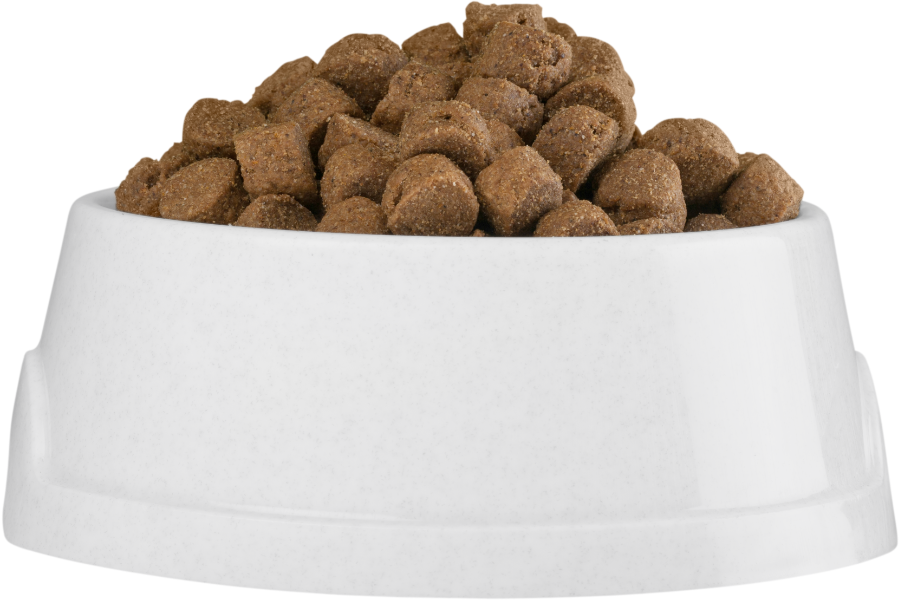Since I moved to the Nashville area, I have luckily not had to deal with any rodents snakes, or other reptiles in and around my house.
That was until recently when I saw a mouse run across my kitchen floor after I had gone grocery shopping and put my groceries away.
It caught me by surprise, and to this day, I’m still not sure if it was in my groceries when I brought them home or if it came into my house in another way.
But this experience got me thinking – Can Clean Houses Get Mice?
Yes, clean houses can get mice. There are a few reasons that mice come into homes, and it usually doesn’t have to do with the cleanliness of your home.
Although a clean home can make it harder for them to get what they want if they are thirsty, hungry, or cold enough, they will try to make your house their home.
Now that you know clean houses can get mice, let’s talk about what attracts mice to homes.
What Attracts Mice To Your House?
Like other animals in the winter season, mice are looking for water, food, and shelter. They are trying to survive as well as raise their offspring.
If mice can enter your house, they will look for dark places to hide and nest.
Mice are nocturnal animals, so they come out at night looking for food and water.
If your home has food lying around, whether it’s crumbs on the counter or floor or leftover food in the garbage that you haven’t taken out yet, you’re unknowingly providing them what they want, and now they will try to stay.
Why Do Clean Houses Get Mice?
So you clean or someone cleans your home regularly, and there isn’t any human food left lying around, but you still have mice in your house. Let’s look at some of the reasons clean houses get mice.
Do You Leave Pet Food Out?

Mice will eat pet food so if your indoor pets don’t eat their food right away, this can be a source of food for them.
Is There Any Water in Your Home?
Although mice can go without water for 20 days (mice can get hydrated from the food they eat), they do like damp areas where they can come and get a drink at their convenience.
If you have leaky pipes or a leaky roof that you haven’t fixed yet, you may attract mice to your home.
Like leaving pet food out, leaving water out for your pets may draw their attention.
Is Your House Warm?
Hopefully, in the winter, you are turning on the heat and keeping yourself, your family, and your home warm because the weather is cold.
For this reason, mice will also enter your home. They are looking for shelter from the cold weather.
Where Do Mice Enter Your House?

When it comes to mice entering your home, they can enter through several ways.
Mice enter your home from the exterior and not by going through the front door. They look for entry points like cracks, gaps, and holes in the foundation, roof, and pipes coming in and out of your house.
Mice are small, flexible creatures, and if they can stick their head in something like a crack, gap, or hole, the rest of their body will fit as well.
So where else can mice enter your house?
Can Clean Houses Get Mice Under It?
Mice can definitely enter and live under your clean house.
Many houses have basements, which are ideal areas for mice to dwell. Mice will also reside in crawl spaces under homes.
Can Clean Houses Get Mice Under the Siding?
A common entry point for mice is where the siding of your house meets the foundation.
Sometimes, the siding is not secured to the foundation around your house, or it becomes loose, making it easy for mice to get into the siding and eventually into your home.
What Are You Bringing into Your Home?
As I said earlier, I saw a mouse in my house after grocery shopping.
So, check what you bring into your house, especially groceries, old cardboard boxes, and pet food.
How Many Homes Have Mice?
Seeing a mouse or rat can be a scary surprise. Unfortunately, roughly 14.8 million of the approximately 124 million who lived in housing reported seeing rodents (mice or rats) in the past 12 months. Another report claims they infest approximately 21 million U.S. homes each winter.
But what about mice allergens?
What Percentage of Houses Have Mice Allergens?
Mouse allergens are in hair follicles, dander, and mouse urine. They can also be airborne and travel through the air.
Mouse allergens are known to cause asthma and asthma symptoms.
What Are the Dangers of Mice in Your House?

Not only can mice cause asthma with their allergens, but they also carry other diseases and do harm to your clean house once they are in it. Let’s take a look at these dangers.
Can Clean Houses Get Mouse Droppings?
If you have mice in your house, whether it’s clean or not, you can find mouse droppings.
Mice are more than likely eating your leftover crumbs, garbage, pet food, and whatever else they can get, and obviously, they will need to excrete it out. Mice droppings are black and are pellet or rice-shaped.
They mostly defecate close to their nesting and breeding areas.
You can also find them in other areas, like dishes in the kitchen cupboards, on the kitchen counters and floors, and on other surfaces throughout your house.
Mouse droppings are toxic and need to be removed, and the area disinfected immediately.
Do Mice Carry Diseases?
Rodents (mice and rats) can carry and spread many diseases. These diseases can spread to humans through direct contact with their bodily fluids, droppings, and bites.
Ticks, mites, or fleas can become infected by rodents and then spread diseases to you indirectly.
Do Mice Chew Things in Your House?
Yes, they chew on things in your house. The front teeth of mice consistently grow, and the only way to get them to stop growing is to chew on things.
So, mice have a constant urge to chew. Mice chew through paper, boxes, books, wood, plastic, electric cables, walls, screens, gas pipes, and other things.
Do Mice Breed in Your House?
Outside of eating and destroying your house, mice also like to mate. Their young are called pups.
A female mouse can reproduce five to ten times per year, and on average, each litter is six to eight pups.
If your clean house is the ideal place for them to make their home and raise their pups, you are looking at a mouse infestation that will need handling.
How Can Clean Houses Get Mice Out?
Luckily, the night the mouse made an unannounced visit to my home, I was able to shoo him out my back door with a broom, and I haven’t seen any rodents since then.
But this isn’t always the case, especially if you have a mouse infestation. So what should you do to get mice out of your clean home?
- Seal any holes, cracks, or screens around the outside of your home. Doing this will deter any more mice or rodents from entering your house.
- Store food away in durable, sealable containers to prevent mice from getting your food.
- Clean even more in the kitchen or anywhere else you eat. As we have mentioned throughout this article, mice are looking for food, so don’t leave a trace of it out, including pet food.
- Clean up spilled liquid. Also, put away your pets’ water and fix leaky pipes or areas in your roof or basement where water is coming in.
- Remove trash and full trash bags out of the house nightly, and wherever you place them, make sure to put a lid on them.
- Remove or store away any nesting material like paper and cardboard boxes.
- Set traps.
- Too much of an infestation for you to handle? Call your local pest control service.
Conclusion
As we’ve discussed throughout this article, clean houses can get mice. It doesn’t matter how clean your house is if your home allows mice access to food, water, and shelter, you will get mice.
Mice can enter your home through cracks and holes in the exterior, anywhere from the foundation to the roof. Rodents like mice and rats are known to cause house damage and carry over 35 diseases.
There are various ways to get mice out of your clean house, but a good way is to cut off their access to food. Without access to food, they will eventually leave.
Are you experiencing problems with rats? Read our article – Can Clean Houses Get Rats?

